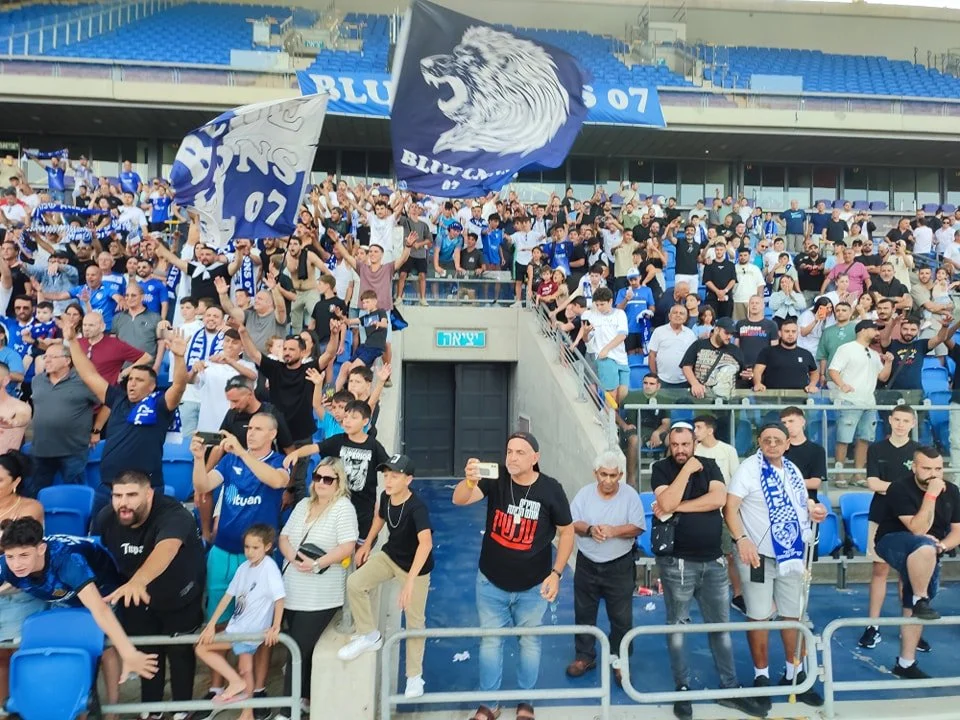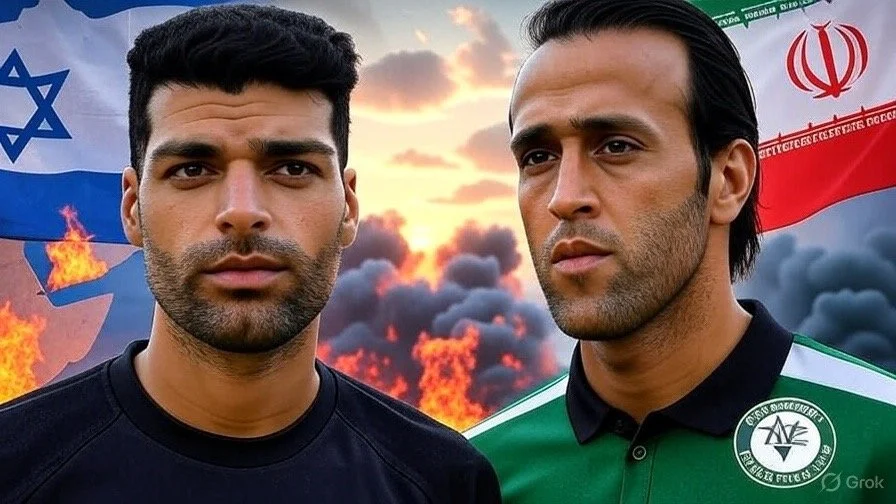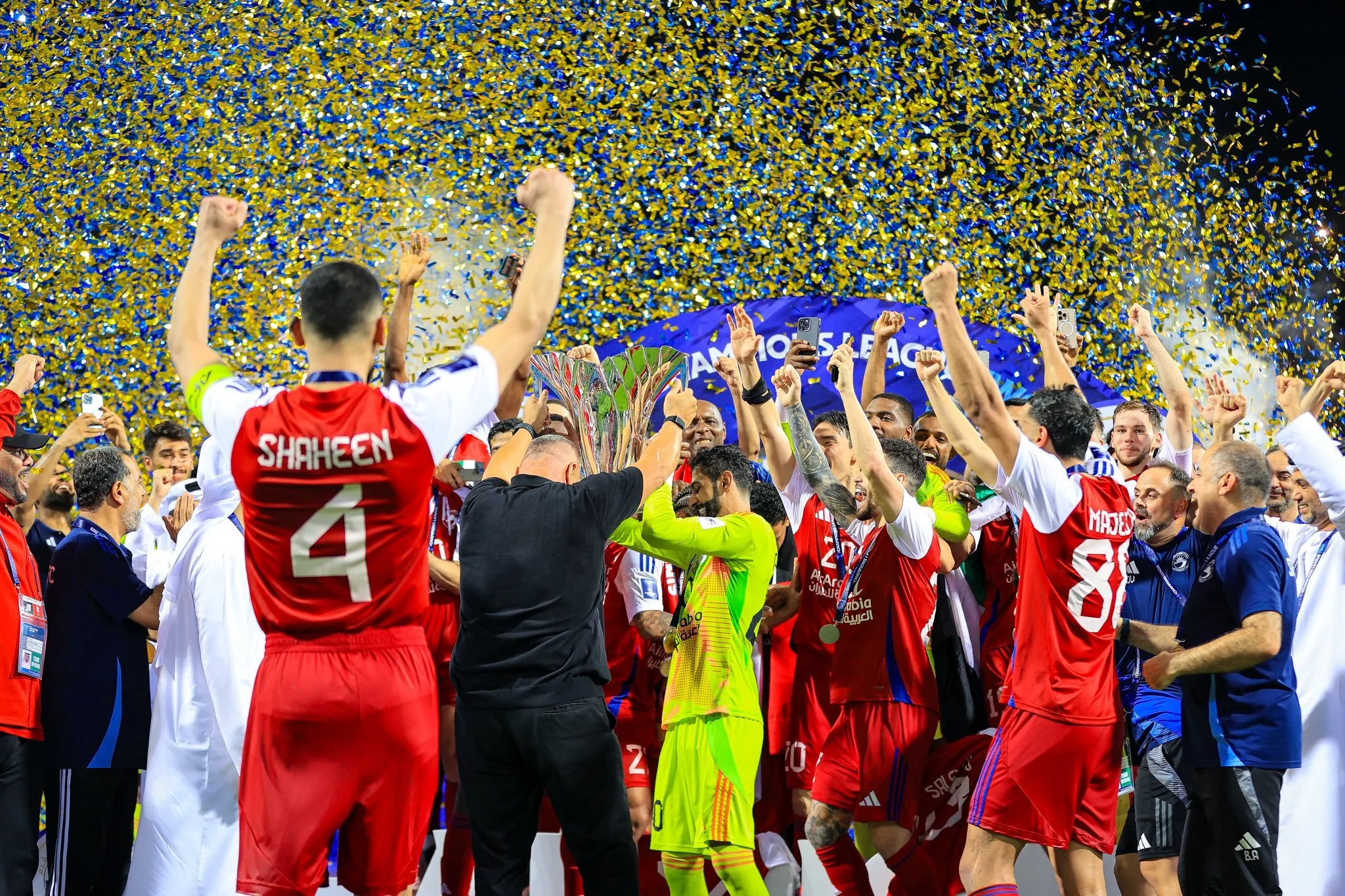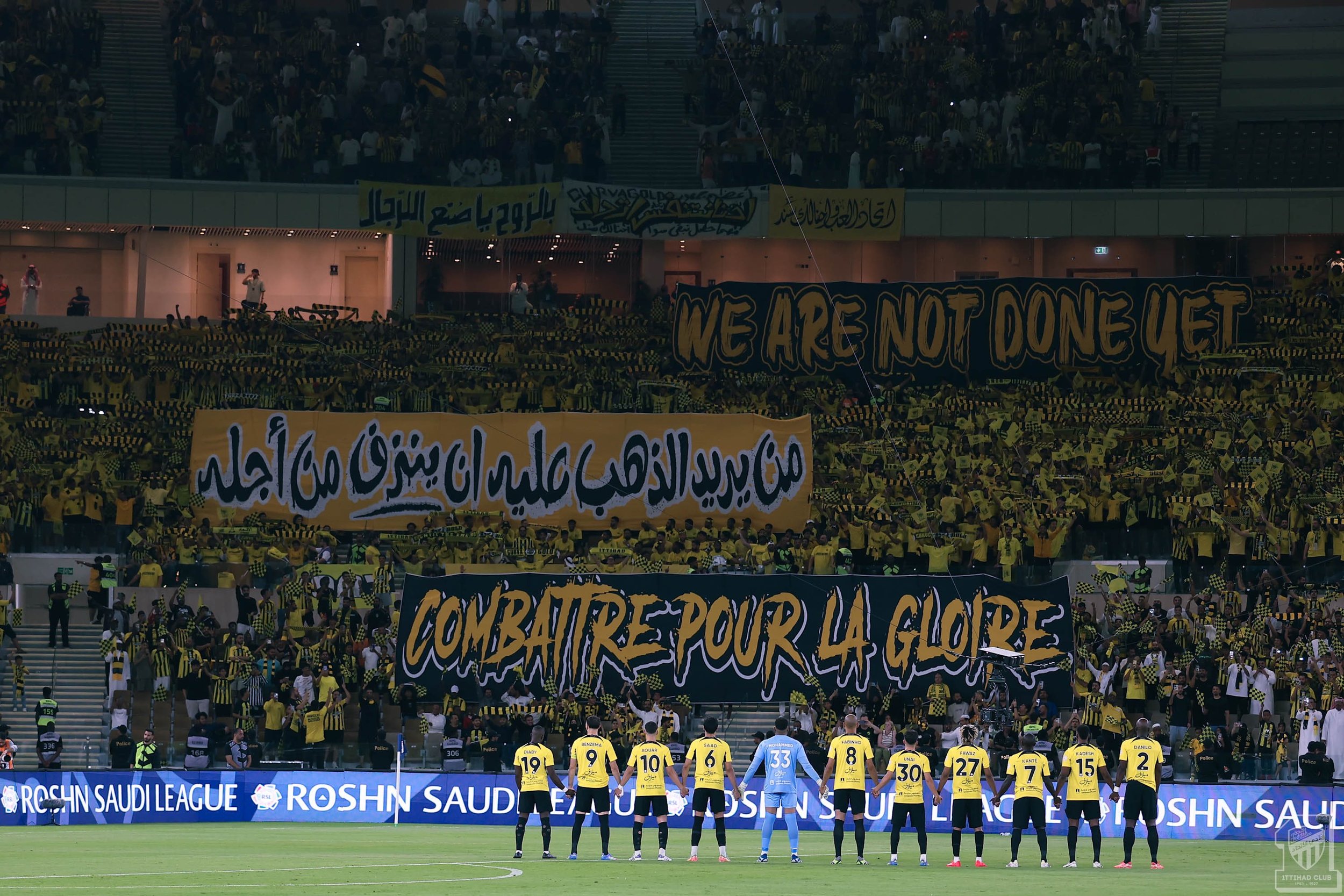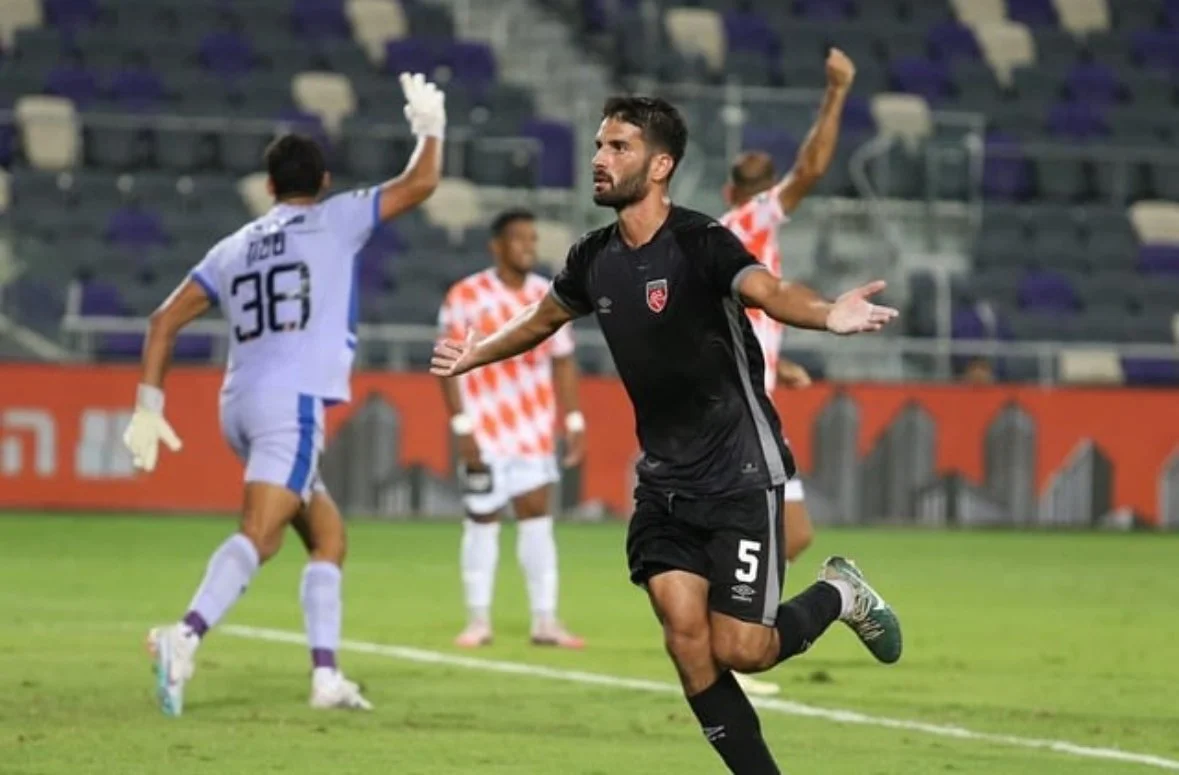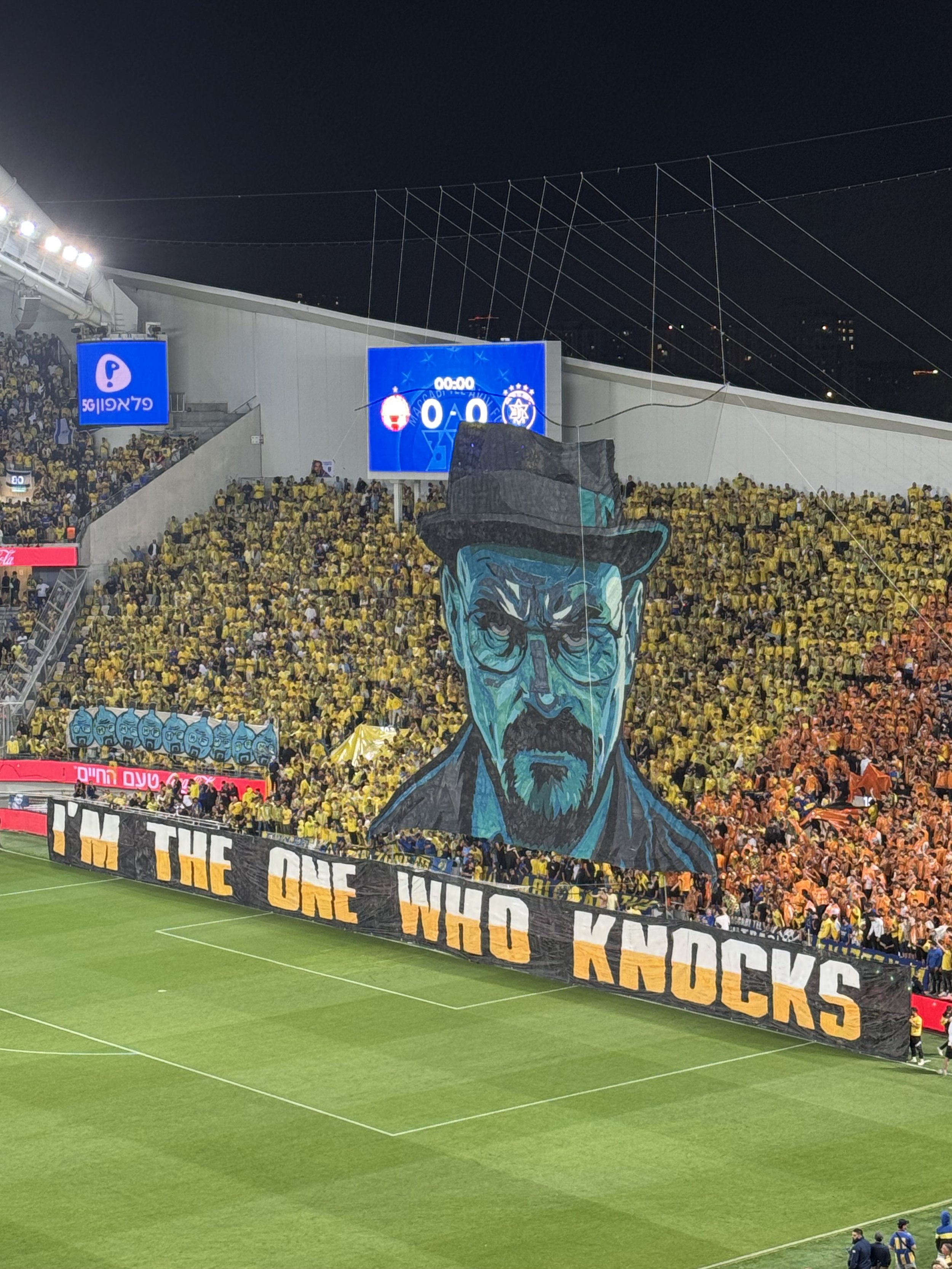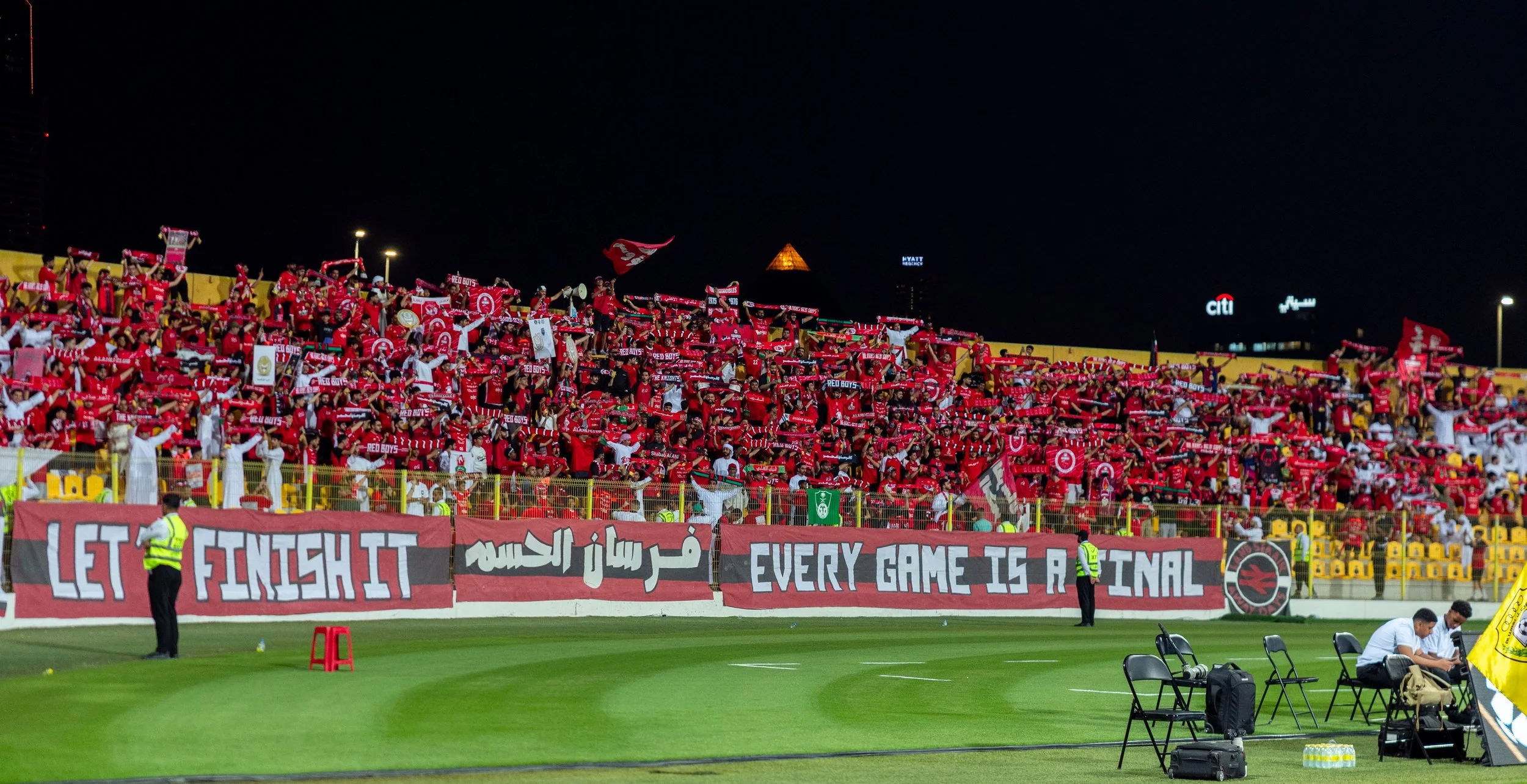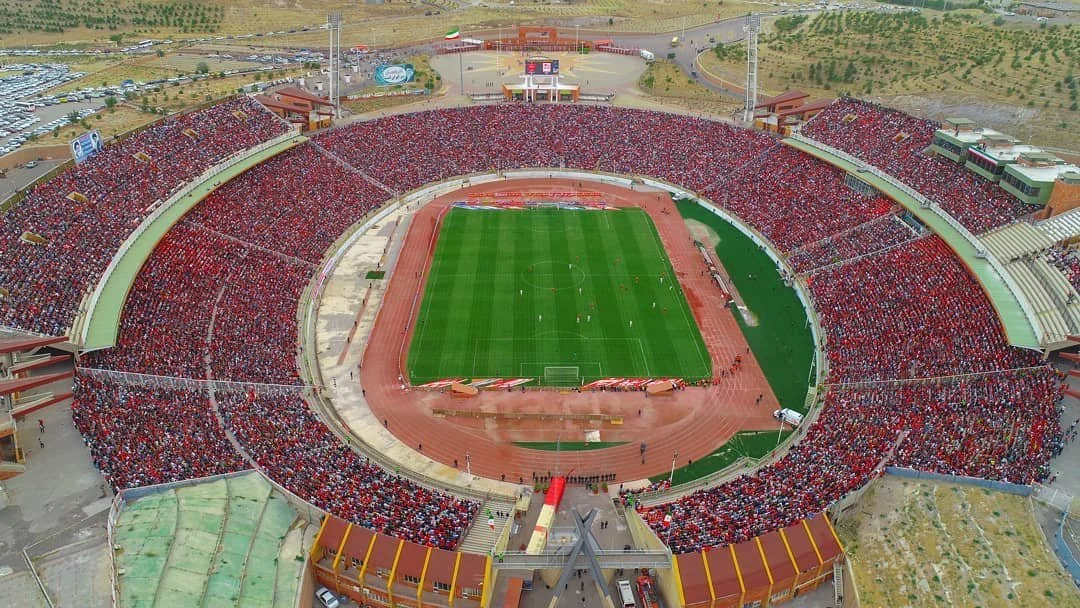When Ironi Kiryat Shmona was relegated from the Israeli top tier a year ago, their thoughts were completely different.
The northernmost team in the league had been relegated after conceding an own goal in the late minutes, but they were sure that their club was strong enough to come back in one season.
Last weekend, Ironi Kiryat Shmona clinched their promotion with a 5-0 home win, but it was far from home. Playing over 150 kilometres from their hometown, it was only one moment in one of their challenging seasons.
Ironi Kiryat Shmona has become a regular in the Israeli Ligat Ha’al during the past two decades. The team was created by merging two local clubs—Hapoel Kiryat Shmona and Maccabi Kiryat Shmona—and is led by its owner, Izzy Sheratzky. Since their first promotion in 2007, the team has played almost continuously in the top division. Their most significant achievement was in 2012, when the club won a sensational championship.
In other days. Ironi Kiryat Shmona celebrating a rare championship title with Israeli Prime Minister Benjamin Netanyahu, back in 2012 (Photo courtesy: The national photography archive / GPO)
The city's story is much more complicated. Kiryat Shmona was established in 1949, and its first inhabitants were Jews who immigrated from the Middle East during the 1950s. The city is less than 2 kilometres from the Israeli-Lebanese border, so It is considered a symbol for the far northern periphery of Israel.
As a border town, for a long time, before it was known for its football club, Kiryat Shmona was known for bombardments during wartimes. Since the 2006 Lebanon War between Israel and Hezbollah, the border has cooled down a bit, but it didn’t last for too long.
October 7 wasn’t only about Gaza
October 7th terror attack drew the attention of Israel, the Middle East and the whole world to the Gaza Strip. Meanwhile, also the Northern border of Israel was under attack. The presence of Hezbollah, a Shiite terror group, in Southern Lebanon, made them declare their support for Hamas. As a result, Northern Israel was under attack by missiles and drones. Due to this situation, the Israeli government decided to evacuate the cities near the border in October 2023. Almost eight months later the city of Kiryat Shmona is still evacuated. The citizens now live temporarily far away from their bombarded homes. According to several reports, severe damage has been done to the city.
Ironi Kiryat Shmona also had to find themselves a new place to play and train. They are now playing in Netanya, which is much closer to Tel Aviv than their hometown. The club, one of the clear favourites to win promotion, now had to manage the new situation. The team maintained their position as one of the best teams in the second division and the team with the best home record, including reaching the Israeli State Cup quarter-finals.
Much more than a promotion
On Friday afternoon, while the team was playing for their promotion, dozens of rockets were fired at Kiryat Shmona. “People are trying to revoke our city,” said the manager, Shay Barda, at the end of the game, “this is an ongoing war, and this promotion is much more than just a sport.” Yet, Barda said that the situation didn’t give them any chance for excuses. “It’s difficult, but the real struggle is what the soldiers in the North are facing.”
In recent years, awareness has been raised about teams being relocated due to wars. The biggest club to do so is Shakhtar Donetsk, which left the city over a decade ago. The same has happened for many other Ukrainian teams from the Eastern frontier since the Russian invasion in 2022. Another well-known club is Anorthosis Famagusta. The Cypriot city originated from Famagusta, located in the northern part of the Island and has been ruled by the Turkish government since 1974.
Ironi Kiryat Shmona is joining this list, but they still hope to return to their home stadium. Like the other European nomad teams, they hope to return to the city as soon as possible rather than play away for decades.
Home away from home. Kiryat Shmona’s fans celebrate in Netanya.

